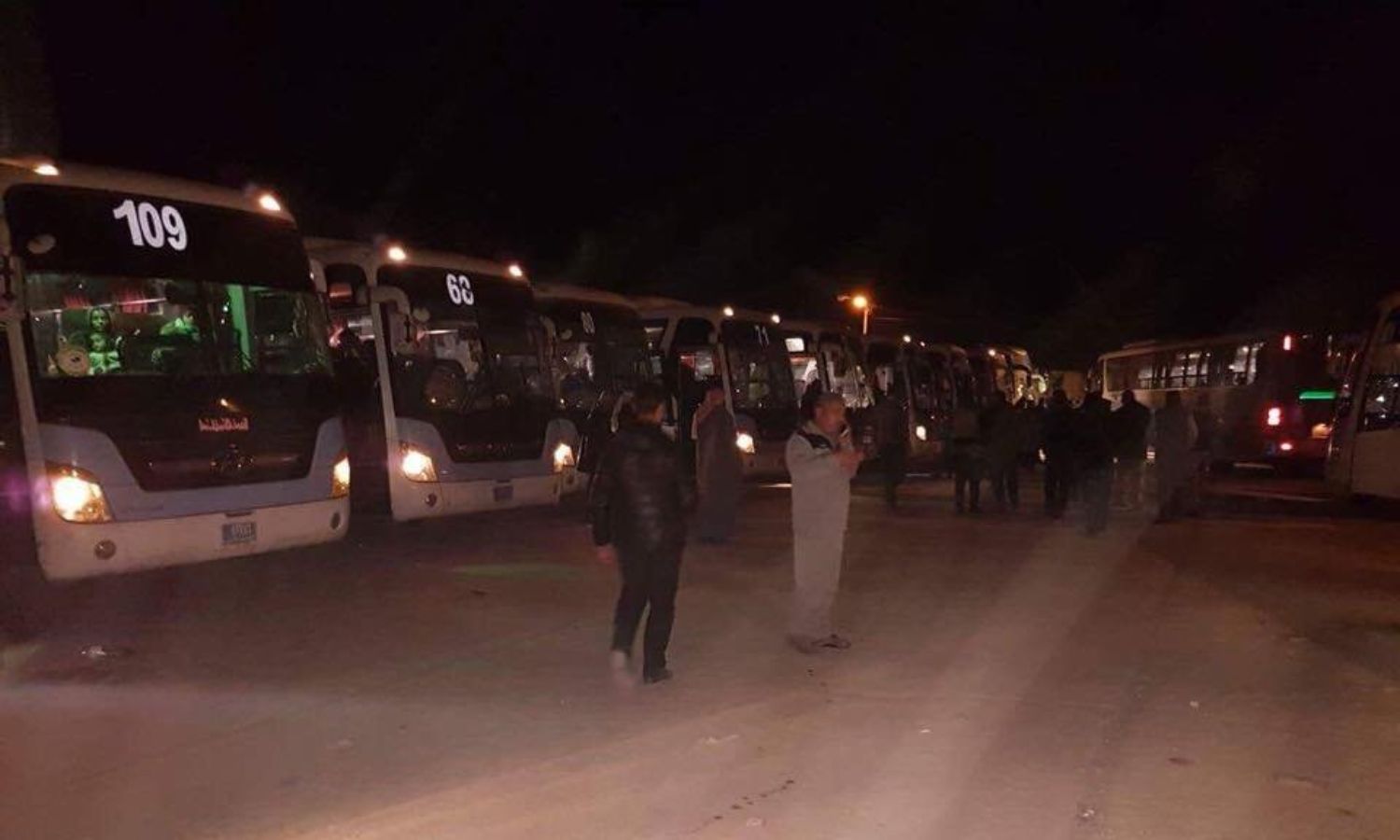



The Iraqi Ministry of Migration announced the return of 3,200 Iraqi families from the al-Hol camp in Syria after conducting security checks on its members, indicating that all returning children hold Iraqi nationality.
Ali Abbas, the ministry’s spokesperson, stated to the Iraqi News Agency (INA) on the evening of Sunday, February 16, that the Iraqi government continues its efforts to repatriate Iraqi nationals from the al-Hol camp, as this poses a security concern, especially given the unstable situation in Syria.
Abbas added that Iraq has been committed from the beginning to withdraw its nationals after thorough security vetting and facilitate the dismantling of the camp, emphasizing that the repatriation of Iraqis from the camp is a priority for the country.
He pointed out that the Iraqi government has transported three new batches from the camp, bringing the total number of families returning from al-Hol since the operation began to over 3,200 families, equivalent to about 12,500 individuals.
He mentioned that more than 9,000 of the returnees have undergone psychological and community rehabilitation programs, while around 833 Iraqi families remain in the camp, and efforts are ongoing to return them gradually.
According to Abbas, the total number of Iraqis currently left in the camp is 15,000 individuals, including women, men, and children, which requires special logistical arrangements to ensure their safe return.
He clarified that Iraq has not transferred any non-Iraqi children from al-Hol camp, stating, “All returning children are Iraqis, and their repatriation process is subject to rigorous verification procedures, including DNA testing to ensure their identities.”
Iraq’s repatriation of its citizens from Syria has accelerated, targeting those accused of having ties to the Islamic State group or their families, coinciding with indications from the United States to halt support for the International Coalition’s operations in the camp.
The acting US ambassador to the United Nations, Dorothy Shea, stated before the Security Council last Wednesday that the United States’ aid to the al-Hol and al-Roj camps “cannot continue forever.”
She added at the time that the United States has borne a significant financial burden for an extended period and urged countries to “repatriate their displaced and detained citizens who remain in the region.”
On February 14 of this month, relief officials and local authorities in northeastern Syria, along with diplomats, indicated that moves initiated by President Donald Trump’s administration to reduce US foreign aid funding threaten to destabilize the camps holding tens of thousands of individuals accused of association with the Islamic State group in Syria.
Seven sources informed Reuters at that time that the funding freeze imposed by Washington and personnel changes had already disrupted some aid distribution and services in the a-Hol and al-Roj camps, where those fleeing the cities that witnessed the Islamic State’s final battles between 2017 and 2019 reside.
They added that residents of the camps or “closed camps” have not been arrested or charged as fighters in the Islamic State group, but they cannot leave the camps independently due to suspicions of their affiliation with or support for the group, according to Reuters.
The agency quoted a source described as “one of the senior humanitarian sources,” who was not named, saying, “If the freeze is not lifted, then everything will stop except for the camp guards. We expect mass riots and escape attempts. The Islamic State will come to take those it wanted to come to.”
The Autonomous Administration of North and East Syria (AANES) previously stated that it anticipates escape attempts from detention centers housing Islamic State fighters and refused to hand over control to the interim Damascus government.
On February 11 of this month, the co-chair of the Office for Displaced Persons and Refugees in AANES, Sheikhmos Ahmed, stated that AANES is in contact with the Iraqi side to remove its nationals from the camp that hosts families of fighters in the Islamic State in southeastern al-Hasakah.
Ahmed added to the Rudaw media network about the situation of the displaced and refugees in northeastern Syria and the mechanism for their return, stating that work is ongoing to repatriate them from the camps in Syria to their original regions.
He noted that AANES made a decision on January 23 regarding the return of Syrian displaced persons from the camps, indicating that this decision was made in 2020, but the ousted Bashar al-Assad regime placed “obstacles” in the way of the displaced Syrians’ return.
Following the fall of the Assad regime and the formation of the interim Damascus government, AANES renewed its call and began repatriating the displaced from the camps, according to Ahmed.
The al-Roj and al-Hol camps were established in al-Hasakah governorate to shelter the families of fighters in the Islamic State, most of whom are from European countries, and also include Iraqi and Syrian nationals.
if you think the article contain wrong information or you have additional details Send Correction